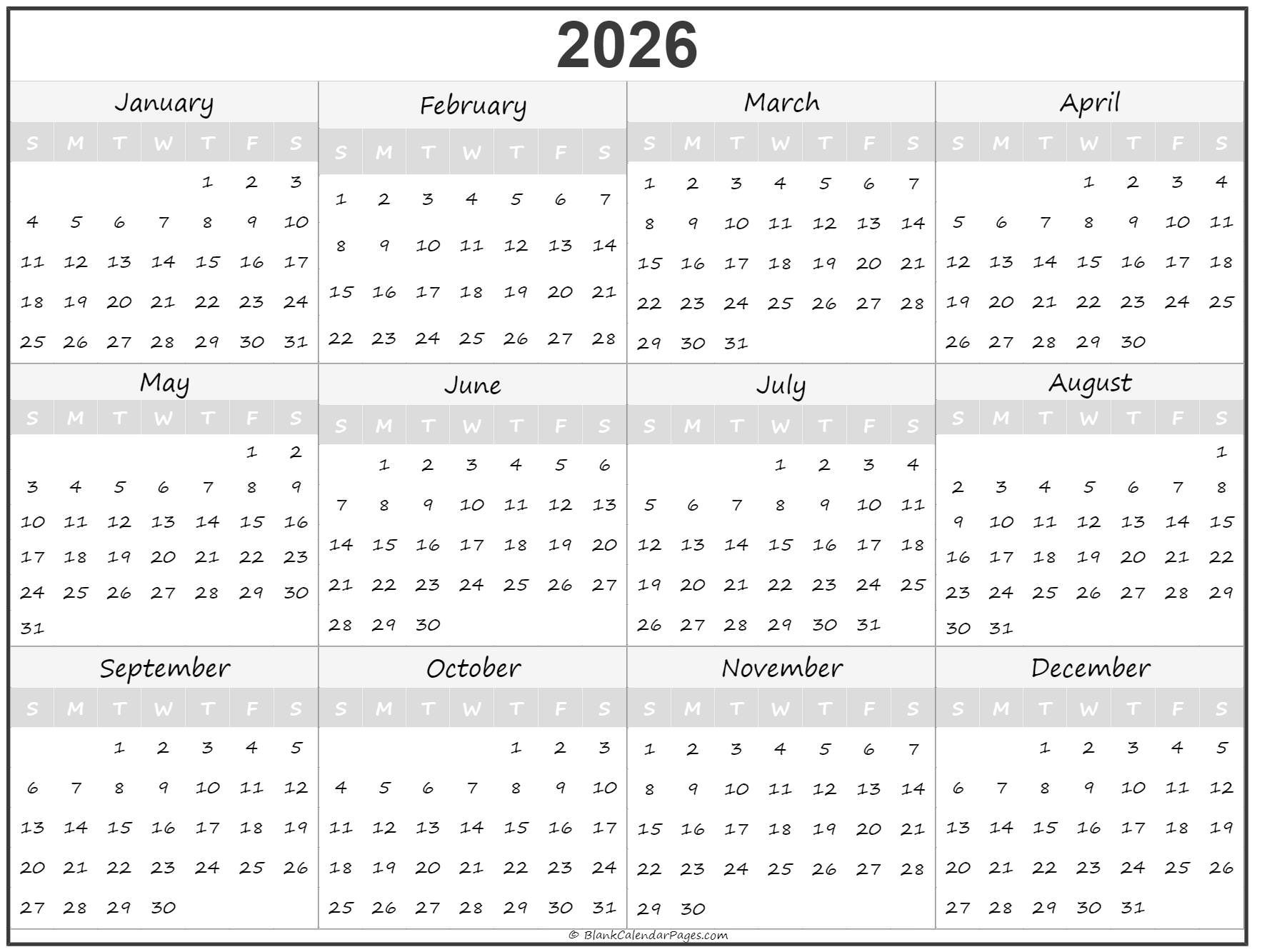Caribbean Tension Explodes: U.S. vs Venezuela Heats Up- Tensions between the United States and Venezuela have reached a boiling point in recent weeks, as a series of U.S. military actions in the Caribbean trigger outrage from the government of Nicolás Maduro. While Washington claims the moves are aimed at cracking down on international drug trafficking, Caracas calls it a dangerous provocation — and warns of possible war.
Here’s a breakdown of how the situation escalated, what each side is saying, and what the world should be watching next.
U.S. Launches Strikes in Caribbean
It all began to intensify in early September 2025, when U.S. forces launched strikes on a vessel in international waters near the Venezuelan coast. The target, according to U.S. officials, was a ship allegedly linked to the notorious Tren de Aragua gang — a criminal organization the U.S. believes is trafficking narcotics throughout the region.
The strike reportedly killed 11 people. Another incident followed just days later, killing three more on what the U.S. described as another cartel-connected boat. These operations are part of a broader U.S. campaign launched under the pretext of “combatting transnational criminal organizations.”
Venezuela Cries Foul
President Nicolás Maduro has not held back in his response. He quickly denounced the U.S. actions as “acts of aggression” and accused Washington of violating Venezuelan sovereignty.
“The empire believes it can act with impunity in our waters,” Maduro declared in a televised address. “We are not afraid. Venezuela will become a republic in arms if necessary.”
Maduro also accused the United States of fabricating the drug trafficking accusations in order to justify foreign intervention, calling it a “colonial ploy” aimed at regime change.
Military Moves and Escalation Fears
What makes the current flare-up especially dangerous is the growing military presence on both sides. The U.S. has deployed naval destroyers, surveillance aircraft, and Marines to the region. Though Washington insists these deployments are defensive and limited to anti-narcotics operations, critics argue they represent a serious escalation.
Venezuela, meanwhile, has mobilized portions of its military and civilian militia forces. Maduro’s rhetoric has been laced with terms like “imperialist threat” and “defense of the homeland,” triggering fears that even a small incident at sea could ignite something far bigger.
Regional analysts are warning that both countries are walking a tightrope — and that any misstep could lead to open conflict.
A War of Narratives
This is not just a physical confrontation. It’s also a battle of stories.
The U.S. is positioning its actions as part of a justified global effort to reduce drug trafficking, especially as fentanyl and other substances devastate communities across America. Officials in Washington claim Venezuela has become a safe haven for armed criminal networks, and that the country’s leadership either tolerates or cooperates with them.
Venezuela, on the other hand, sees itself as a victim of imperial aggression. Officials deny involvement in international drug trafficking and argue that U.S. allegations are politically motivated. They accuse Washington of attempting to destabilize the region ahead of U.S. elections, and of seeking control over Venezuela’s massive oil reserves.
Diplomatic Channels Frozen
One major concern in this crisis is the lack of communication. Diplomatic ties between Washington and Caracas have been essentially frozen since the U.S. backed opposition leader Juan Guaidó in 2019 and refused to recognize Maduro’s presidency.
As a result, there are few direct lines for de-escalation. Venezuela has said all recent attempts to establish diplomatic backchannels have failed, and the U.S. has not publicly acknowledged any such efforts.
Without diplomacy, every incident — from a ship boarding to a misfired missile — carries far more risk.
What About the Neighbors?
Regional powers are watching nervously. Several Caribbean nations have expressed concern over growing U.S. military activity in the region and the possibility of a broader conflict.
The Caribbean Community (CARICOM) has urged both sides to avoid militarization and to respect the region as a “zone of peace.” Some Latin American leaders, including those of Colombia and Brazil, have called for mediation efforts to be launched immediately to avoid bloodshed.
Human Cost and Migration
While the headlines focus on warships and strikes, the humanitarian cost of this tension is already being felt. The U.S. recently announced plans to roll back Temporary Protected Status (TPS) for many Venezuelan migrants, affecting tens of thousands currently living in the U.S.
If sanctions tighten or conflict breaks out, migration from Venezuela — already one of the largest in the world — could grow even further, straining neighboring countries and international aid systems.
Oil, Sanctions, and Economic Impact
Another piece of the puzzle is oil. Venezuela holds the world’s largest proven oil reserves, and its economy is deeply dependent on energy exports. The U.S. maintains heavy sanctions on Venezuela’s oil sector, and any conflict or escalation could further disrupt exports and global energy prices.
In recent months, there were whispers of a possible easing of sanctions if democratic reforms were introduced. Those talks now appear completely stalled.
Is War Coming?
At this stage, both countries are posturing, but the situation remains volatile. With no working diplomacy, armed forces in close proximity, and political incentives on both sides to appear tough, the risk of direct conflict is real — even if neither side truly wants it.
Experts say the next few weeks are critical. More U.S. strikes, Venezuelan retaliations, or a deadly misunderstanding at sea could push the crisis over the edge.
The Bottom Line
The showdown between the U.S. and Venezuela is more than a fight over drug routes or territorial waters. It’s a reflection of deeper geopolitical tensions, historical grievances, and competing visions for the future of the Western Hemisphere.
For now, the Caribbean remains on edge — and the world watches, hoping the powder keg doesn’t explode.



